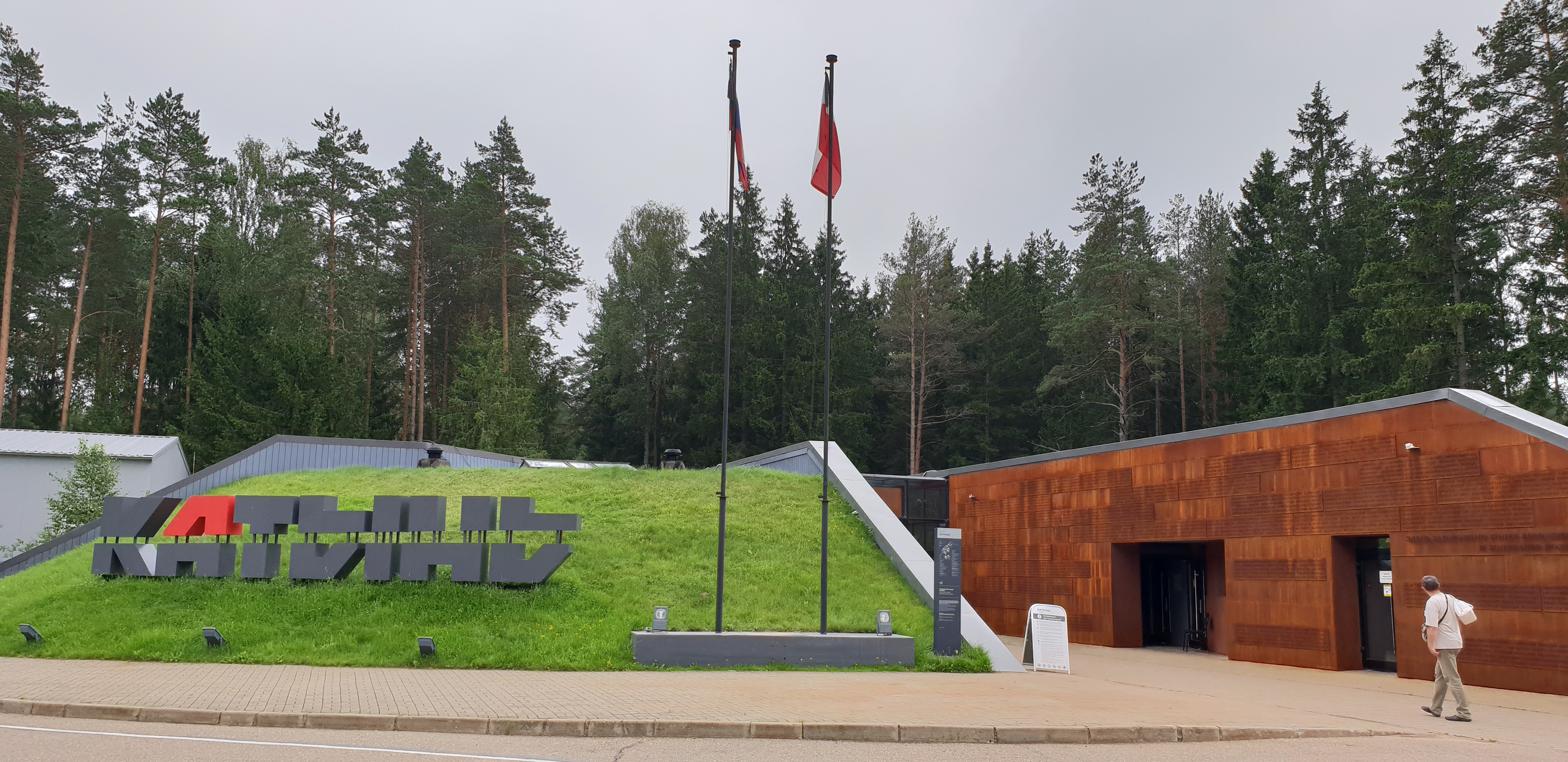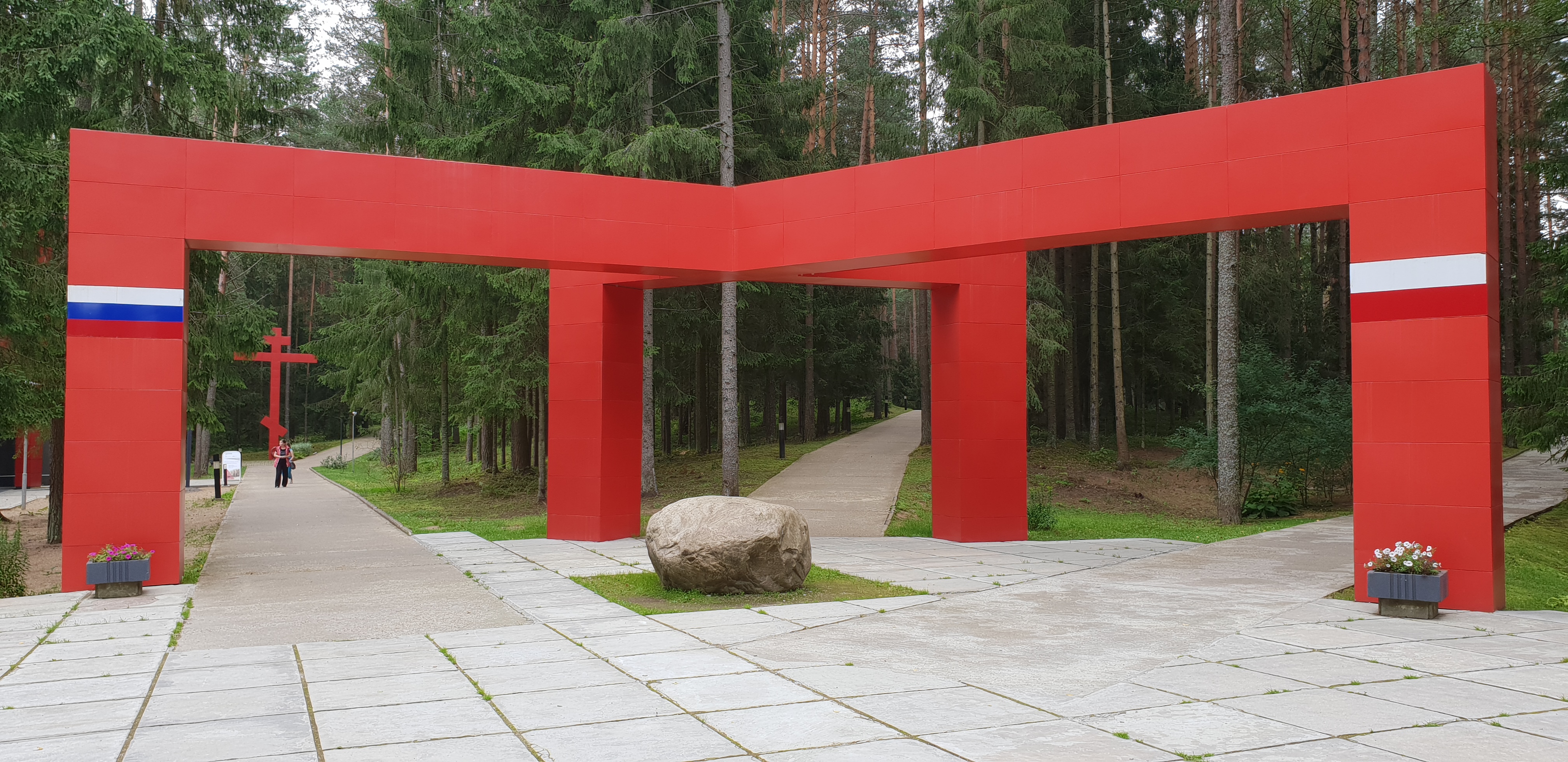-
Neueste Beiträge
Archive
- Juli 2025
- Juni 2025
- Mai 2025
- April 2025
- März 2025
- Februar 2025
- Januar 2025
- Dezember 2024
- November 2024
- Oktober 2024
- September 2024
- August 2024
- Juli 2024
- Juni 2024
- Mai 2024
- April 2024
- März 2024
- Februar 2024
- Januar 2024
- Dezember 2023
- November 2023
- Oktober 2023
- September 2023
- August 2023
- Juli 2023
- Juni 2023
- Mai 2023
- April 2023
- März 2023
- Februar 2023
- Januar 2023
- Dezember 2022
- November 2022
- Oktober 2022
- September 2022
- August 2022
- Juli 2022
- Juni 2022
- Mai 2022
- April 2022
- März 2022
- Februar 2022
- Januar 2022
- Dezember 2021
- November 2021
- Oktober 2021
- September 2021
- August 2021
- Juli 2021
- Juni 2021
- Mai 2021
- April 2021
- März 2021
- Februar 2021
- Januar 2021
- Dezember 2020
- November 2020
- Oktober 2020
- September 2020
- August 2020
- Juli 2020
- Juni 2020
- Mai 2020
- April 2020
- März 2020
- Februar 2020
- Januar 2020
- Dezember 2019
- November 2019
- Oktober 2019
- September 2019
- August 2019
- Juli 2019
- Juni 2019
- Mai 2019
- April 2019
- März 2019
- Februar 2019
- Januar 2019
- Dezember 2018
- November 2018
- Oktober 2018
- September 2018
- August 2018
- Juli 2018
- Juni 2018
- Mai 2018
- April 2018
- März 2018
- Februar 2018
- Januar 2018
- Dezember 2017
- November 2017
- Oktober 2017
- September 2017
- August 2017
- Juni 2017
- Mai 2017
- April 2017
- März 2017
- Februar 2017
- Januar 2017
- Dezember 2016
- November 2016
- Oktober 2016
- September 2016
- August 2016
- Juli 2016
- Juni 2016
- Mai 2016
- April 2016
- März 2016
- Februar 2016
- Januar 2016
- Dezember 2015
- November 2015
- Oktober 2015
- August 2015
- Juli 2015
- Juni 2015
- April 2015
- Januar 2015
- Dezember 2014
- November 2014
- Oktober 2014
- September 2014
- Juli 2014
- Juni 2014
- Mai 2014
- April 2014
Woke Imperialism
Kommentare deaktiviert für Woke Imperialism
Wolodymyr Selenskyj entzieht Ex-Politikern ukrainische Staatsbürgerschaft
Der ukrainische Präsident Wolodymyr Selenskyj entzieht mehreren ehemaligen prorussischen Politikern des Landes die ukrainische Staatsbürgerschaft. „Ich habe die entsprechenden Dokumente unterzeichnet, um unseren Staat vor denjenigen zu schützen, die auf der Seite des Aggressors stehen“, sagte Selenskyj in seiner Videoansprache.
Kommentare deaktiviert für Wolodymyr Selenskyj entzieht Ex-Politikern ukrainische Staatsbürgerschaft
Mick Wallace on persecution in Ukraine, 01.02.2023
Member states are divided on speeding up accession for Ukraine, and rightly so, the levels of corruption is comical.“
Kommentare deaktiviert für Mick Wallace on persecution in Ukraine, 01.02.2023
Katyń
In 2021, however, the Russian Ministry of Culture downgraded the memorial complex at Katyn on its Register of Sites of Cultural Heritage from a place of federal to one of only regional importance.[144] Such decisions, says the preface to the site, are made in consultation with the regional authorities, i.e. the Smolensk Region administration.
In June 2022, Russia removed the Polish flag from the memorial complex, amidst a rise in Russia–Poland political tension due to the 2022 Russian invasion of Ukraine.[145]

 If I were a Pole I’d be furious.
If I were a Pole I’d be furious.
 I looked at this, and looked at this, and it just seems so perverse.
I looked at this, and looked at this, and it just seems so perverse.
Kommentare deaktiviert für Katyń
Наталия Георгиевна Медведева, *14 July 1958, Leningrad – †3 February 2003, Moscow
Kommentare deaktiviert für Наталия Георгиевна Медведева, *14 July 1958, Leningrad – †3 February 2003, Moscow
Der Westen will Putin ökonomisch in die Knie zwingen – und scheitert grandios
Sanktionsregime werden designt um zu beeindrucken – den Wähler, nicht Putin.
Kommentare deaktiviert für Der Westen will Putin ökonomisch in die Knie zwingen – und scheitert grandios
No narrative did more to shape Trump’s relations with the press than Russiagate. The story, which included the Steele dossier and the Mueller report among other totemic moments, resulted in Pulitzer Prizes as well as embarrassing retractions and damaged careers. For Trump, the press’s pursuit of the Russia story convinced him that any sort of normal relationship with the press was impossible.
For the past year and a half, CJR has been examining the American media’s coverage of Trump and Russia in granular detail, and what it means as the country enters a new political cycle. Investigative reporter Jeff Gerth interviewed dozens of people at the center of the story—editors and reporters, Trump himself, and others in his orbit.
The result is an encyclopedic look at one of the most consequential moments in American media history.
Kommentare deaktiviert für
In Šeteniai
You were my beginning and again I am with you, here, where I learned the four quarters of the globe.
Below, behind the trees, the River’s quarter; to the back, behind the buildings, the quarter of the Forest; to the right, the quarter of the Holy Ford; to the left, the quarter of the Smithy and the Ferry.
Whenever I wandered, through whatever continents, my face was always turned to the River.
Feeling in my mouth the taste and the scent of the rosewhite flesh of calamus.
Hearing old pagan songs of harvesters returning from the fields, while the sun on quiet evenings was dying out behind the hills.
In the greenery gone wild I could still locate the place of an arbor where you forced me to draw my first awkward letters.
And I would try to escape to my hideouts, for I was certain that I would never learn how to write.
I did not expect, either, to learn that though bones fall into dust, and dozens of years pass, there is still the same presence.
That we could, as we do, live in the realm of eternal mirrors, working our way at the same time through unmowed grasses.
II
You held the reins and we were riding, you and me, in a one-horse britzka, for a visit to the big village by the forest.
The branches of its apple trees and pear trees were bowed down under the weight of fruits, ornate carved porches stood out above little gardens of mallow and rue.
Your former pupils, now farmers, entertained us with talks of crops, women showed their looms and deliberated with you about the colors of the warp and the woof.
On the table slices of ham and sausage, a honeycomb in a clay bowl, and I was drinking kvas from a tin cup.
I asked the director of the collective farm to show me that village; he took me to fields empty up to the edge of the forest, stopping the car before a huge boulder.
„Here was the village Peiksva“ he said, not without triumph in his voice, as is usual with those on the winning side.
I noticed that one part of the boulder was hacked away, somebody had tried to smash the stone with a hammer, so that not even that trace might remain.
III
I ran out in a summer dawn into the voices of the birds, and I returned, but between the two moments I created my work.
Even though it was so difficult to pull up the stick of n, so it joined the stick of u or to dare building a bridge between r and z.
I kept a reedlike penholder and dipped its nib in the ink, a wandering scribe, with an ink pot at his belt.
Now I think one’s work stands in the stead of happiness and becomes twisted by horror and pity.
Yet the spirit of this place must be contained in my work, just as it is contained in you who were led by it since childhood.
Garlands of oak leaves, the ave-bell calling for the May service, I wanted to be good and not to walk among the sinners.
But now when I try to remember how it was, there is only a pit, and it’s so dark, I cannot understand a thing.
All we know is that sin exists and punishment exists, whatever philosophers would like us to believe.
If only my work were of use to people and of more weight than is my evil.
You alone, wise and just, would know how to calm me, explaining that I did as much as I could.
That the gate of the Black Garden closes, peace, peace, what is finished is finished.
—Czesław Miłosz

Kommentare deaktiviert für In Šeteniai
Who owns Auschwitz?
There is something shockingly ambiguous about the jealous way in which survivors insist on their exclusive rights to the Holocaust as intellectual property, as though they’d come into possession of some great and unique secret; as though they were protecting some unheard-of treasure from decay and (especially) from willful damage. Only they are able to guard it from decay, through the strength of their memory. But how are they to respond to the damage wrought by others, to the Holocaust’s appropriation by others, to all the falsifications and sundry manipulations, and above all to that most powerful of enemies, the passage of time itself? Furtive glances cling to every line of every book on the Holocaust, to every foot of every film where the Holocaust is mentioned. Is the representation plausible, the history exact? Did we really say that, feel that way? Is that really where the latrine stood, in precisely that corner of the barracks? Were the roll-calls, the hunger, the selections of victims really like that? And so on, and so on. . . . But why are we so keenly interested in all the embarrassing and painful details, rather than just trying to forget them all as soon as possible? It seems that, with the dying-away of the living sensation of the Holocaust, all the unimaginable pain and sorrow live on as a single, unified value—a value to which one not only clings more strongly than to any other, but which one will also see generally recognized and accepted.
And herein lies the ambiguity. For the Holocaust to become with time a real part of European (or at least western European) public consciousness, the price inevitably extracted in exchange for public notoriety had to be paid. Thus we immediately got a stylization of the Holocaust, a stylization which has by now grown to nearly unbearable dimensions. The word „Holocaust“ is already a stylization, an affected abstraction from more brutal-sounding terms like „extermination camp“ or „Final Solution.“ Nor should it come as any surprise, as more and more is said about the Holocaust, that its reality—the day to day reality of human extermination—increasingly slips away, out of the realm of the imaginable.
Ω Ω Ω
I can count on ten fingers the number of writers who have produced truly great literature of world importance out of the experience of the Holocaust. We seldom meet with the likes of a Paul Celan, a Tadeusz Borowski, a Primo Levi, a Jean Améry, a Ruth Klüger, a Claude Lanzmann, or a Miklós Radóti.
More and more often, the Holocaust is stolen from its guardians and made into cheap consumer goods. Or else it is institutionalized, and around it is built a moral-political ritual, complete with a new and often phony language. Certain words come to be compelled by public discourse, and almost automatically set off the Holocaust-reflex in the listener or the reader. In every way possible and impossible, the Holocaust is rendered alien to human beings.
Ω Ω Ω
I know that many will not agree with me when I apply the term “kitsch” to Spielberg’s Schindler’s List. It is said that Spielberg has in fact done a great service, considering that his film lured millions into the movie theaters, including many who otherwise would never have been interested in the subject of the Holocaust. That might be true. But why should I, as a Holocaust survivor and as one in possession of a broader experience of terror, be pleased when more and more people see these experiences reproduced on the big screen—and falsified at that? It is obvious that the American Spielberg, who incidentally wasn’t even born until after the war, has and can have no idea of the authentic reality of a Nazi concentration camp. Why, then, does he struggle so hard to make his representation of a world he does not know seem authentic in every detail? The most important message of this black-and-white film comes, I think, at the end, with the appearance in color of a triumphant crowd of people. But I also regard as kitsch any representation of the Holocaust that fails to imply the wide-ranging ethical consequences of Auschwitz, and from which the PERSON in capital letters (and with it the idea of the Human as such) emerges from the camps healthy and unharmed. If this were really possible, we wouldn’t still be talking about the Holocaust, or at any rate would speak about it as we might discuss some event of which we have only a distant historical memory, like, say, the Battle of El-Alamein. I regard as kitsch any representation of the Holocaust that is incapable of understanding or unwilling to understand the organic connection between our own deformed mode of life (whether in the private sphere or on the level of “civilization” as such) and the very possibility of the Holocaust. Here I have in mind those representations that seek to establish the Holocaust once and for all as something foreign to human nature; that seek to drive the Holocaust out of the realm of human experience. I would also use the term kitsch to describe those works where Auschwitz is regarded as simply a matter concerning Germans and Jews, and thereby reduced to something like the fatal incompatibility of two groups; when the political and psychological anatomy of modern totalitarianism more generally is disregarded; when Auschwitz is not seen as a universal experience, but reduced to whatever immediately “hits the eye.”
—Imre Kertész, „Who owns Auschwitz?“, The Yale Journal of Criticism, Johns Hopkins University Press Volume 14, Number 1, Spring 2001, pp. 267-272.
Kommentare deaktiviert für Who owns Auschwitz?
Nuland assures Cruz US responded sufficiently to foreign policy instruction from Ukraine and Poland
Bis zum heutigen Tag ist vollkommen unklar, wer die Anschläge auf die Pipelines verübt hat, obwohl es Untersuchungen von mehreren Ländern am Tatort gegeben hat. Anfragen der Opposition im Deutschen Bundestag zu möglichen Erkenntnissen hat die Bundesregierung bisher unter Verweis auf nationale Sicherheitsinteressen stets abschlägig beschieden. Auch die Möglichkeit für Abgeordnete, Unterlagen in der Geheimschutzstelle einzusehen, wurde bisher nicht gewährt.
Kommentare deaktiviert für Nuland assures Cruz US responded sufficiently to foreign policy instruction from Ukraine and Poland
